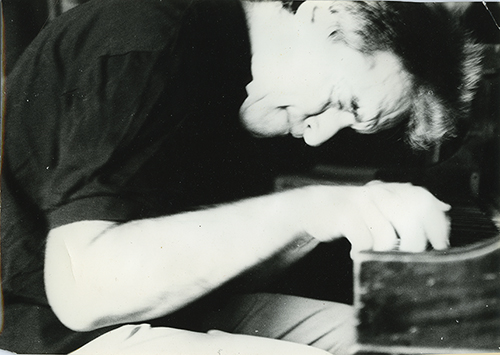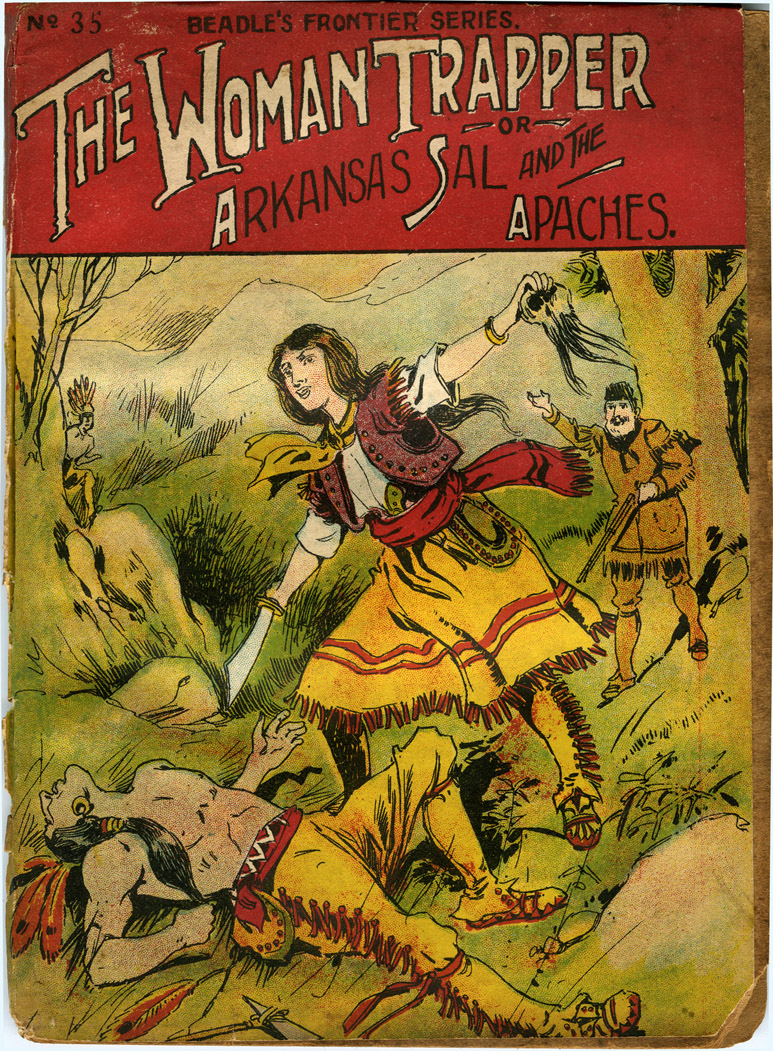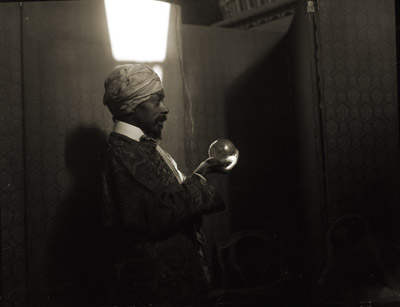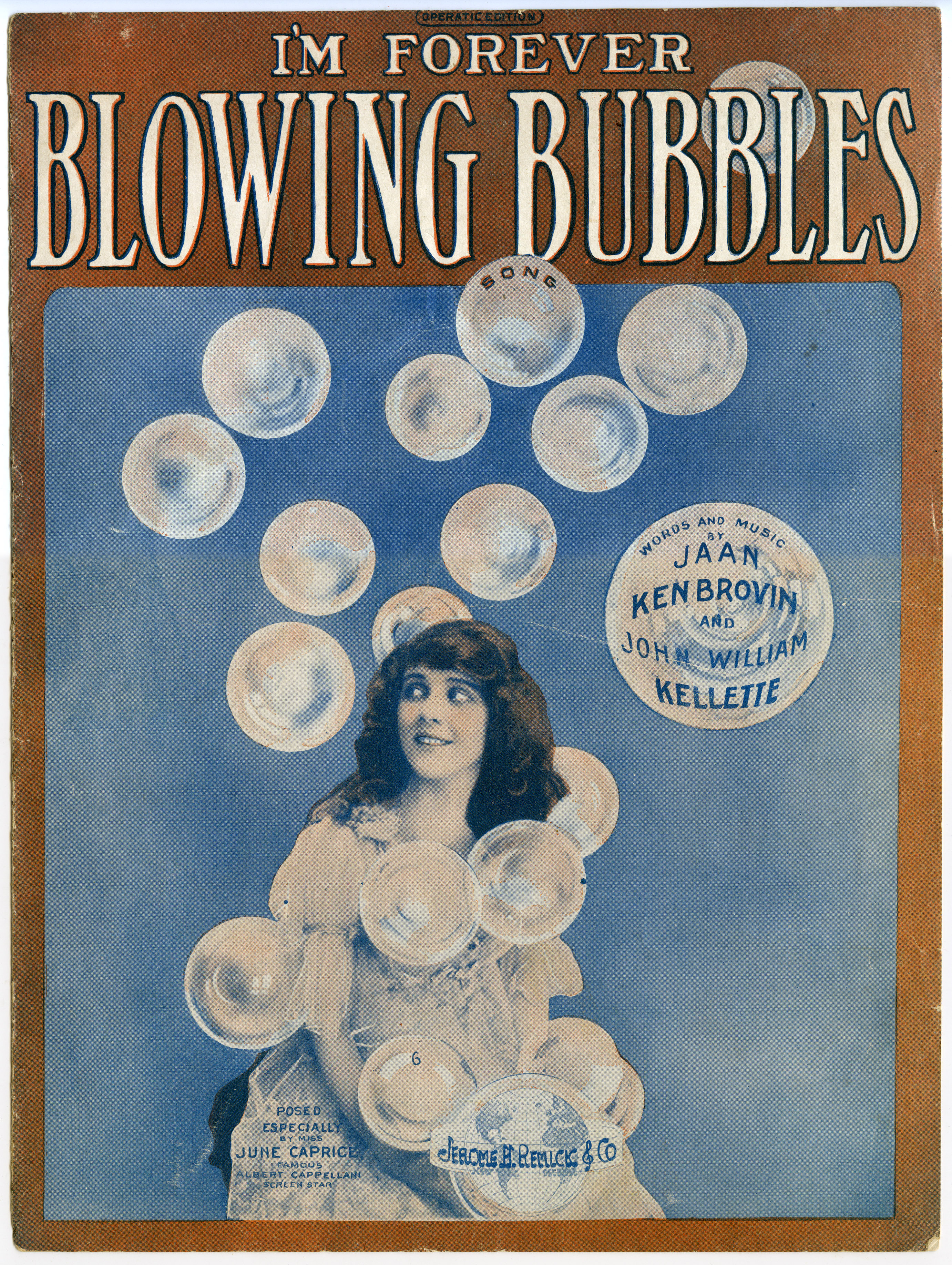Borah Bergman Papers

Born in 1926 in Brooklyn, New York, Borah Bergman emerged late in life as a renown free jazz pianist and technical innovator. While teaching math and English in the New York public school system, Bergman developed an ambidextrous technique, or as he described it, “ambi-ideation.” This technique allowed Bergman to express ideas with equal intensity using both his right and left hands and provided the framework for an evolving and truly unique musical philosophy and body of work. Since his first recording, released in 1975 at the age of 49, Bergman appeared on 28 albums, both solo and with some of the most important figures in avant-garde jazz, and was active until his death in 2012.
The Borah Bergman Papers include hundreds of hours of Bergman’s personal recordings on reel-to-reel tapes. According to Bergman, these recordings comprise his greatest achievement and demonstrate the development of his technique and musical ideas. In addition to the personal recordings are a wide variety of Bergman’s performances in studio and with other musicians. Bergman’s work is also documented in notebooks, scores, fiction manuscripts, and an unpublished textbook on his ambi-ideation technique.




